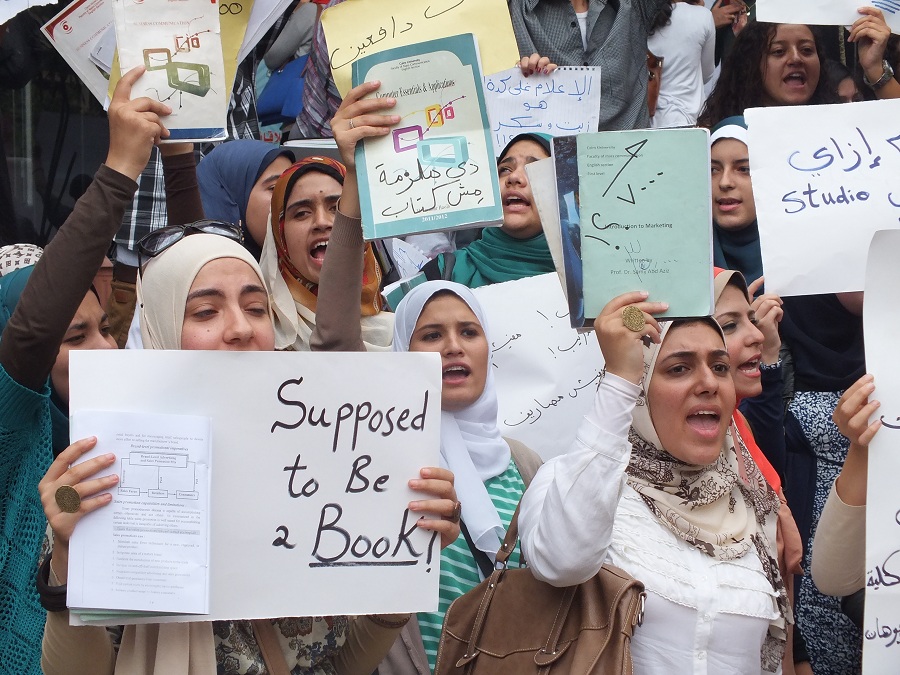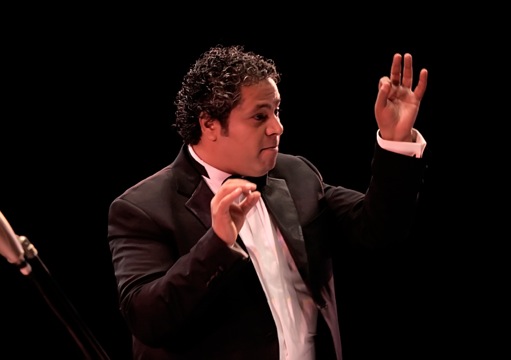
(DNE Archive )
By Hadeel Hegazy
Proverbs are a clever representation of any culture. Egyptians in particular have a rich collection of proverbs; through them, people are capable of expressing profound emotions such as mourning, happiness or hope in few words. They also show people’s creativity and ability to transform daily talks into something more significant. You are guaranteed a suitable saying for every situation. On top the of old renowned Egyptian proverbs, young people now constantly add new funny words and expressions.
In ancient Egypt, such sayings were considered a method of teaching religion and wisdom to the people and were engraved on the walls of tombs and temples of ancient Egyptians.
“The kingdom of heaven is within oneself and the person who knows himself shall find it,” said one well-known ancient Egyptian quote. Other ancient proverbs impart such wisdom as, “a price should be paid for every joy”, and “people carry their own downfall through their own tongue.”
“The man that helps others will be helped by others in the time of need” is an ancient saying which echoes in a modern one. “El ‘offa ‘om wednetein yeshelooha ‘etnen,” which literally means the basket which has two handles shall be lifted by two people. Both sayings carry the same meaning: people are better off when they help one another.
Modern Egyptian proverbs are collected in Ahmed Taymour’s book “Al-Amthal El-Sha’beya” or “Popular Proverbs”. The book is considered a reference and dictionary for almost all the popular proverbs used on daily basis by Egyptians. The sayings are somewhat of a legacy since they were passed on from one generation to another across history. Reading the book, one could derive a comprehensive understanding concerning the nature of the Egyptian character.
The book encompasses 3188 proverbs, through which Taymour depicts how Egyptians are rhetoric, eloquent, artistic and creative in their everyday conversations. One of the famous proverbs included in the book is “el ‘abd fl tafkeer wl rab fl tadbeer (humans think, God manages)” which shows Egyptians’ embrace of religion, and means do your best and leave the rest to God.
Some Arabic proverbs have their counterpart in the English language: “la yuldagh el mo’men min gohr maratayn (the faithful is not stung twice)” which has the same meaning as “fool me once, shame on you; fool me twice, shame on me.”
In recent times and amid young Egyptians’ unprecedented participation in political life, new and meaningful sayings have been invented, in particular by internet users. People vent their sorrow and depression by making fun of the hardest circumstances they face. Amid daily quotes by famous politicians, the social media community may use them for humor, to deliver a message and even to make fun of themselves.



